1. The Four Humors: The Body’s Balance of Fluids
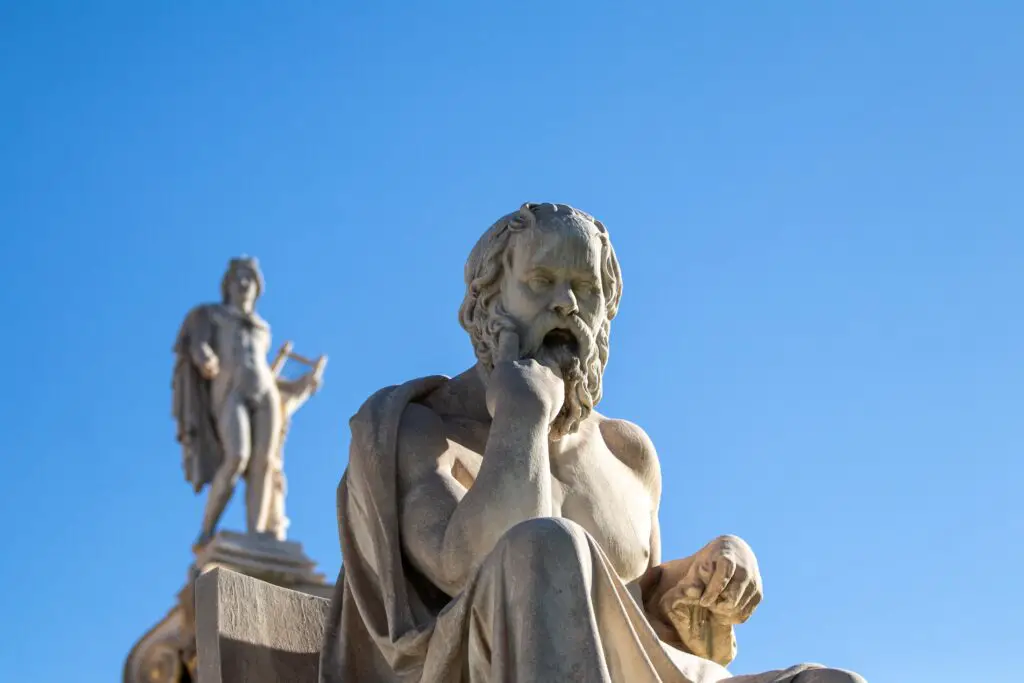
The ancient Greeks believed that the human body was governed by four essential fluids, or “humors.” These included blood, phlegm, yellow bile, and black bile. Each humor was thought to correspond to a different temperament—blood made one sanguine and lively, phlegm was linked to a calm, easy-going personality, yellow bile made someone choleric, and black bile was associated with melancholy. If one of these humors became unbalanced, it could lead to illness.
To treat diseases, ancient healers would try to restore balance by adjusting these humors. They might employ bloodletting, purging, or prescribe specific diets, depending on which humor was dominant in the patient. This belief in humoral imbalance persisted for centuries and influenced medicine until the Renaissance.
2. The Heart as the Seat of the Soul
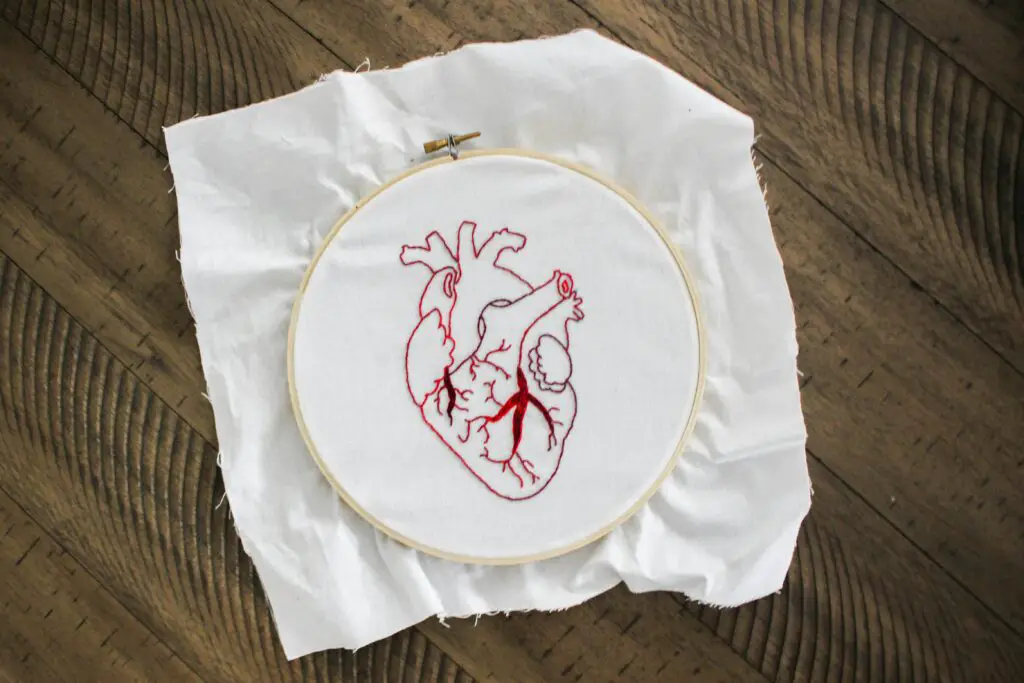
In ancient Egypt, the heart was regarded as the most important organ, not just for physical health but as the center of one’s emotions, thoughts, and even their soul. During the mummification process, the heart was carefully preserved while other organs were discarded. The ancient Egyptians believed that the heart had to be preserved for the afterlife, as it was essential for judgment in the underworld.
This belief had a profound impact on their understanding of human health. Ancient Egyptian doctors often used treatments that focused on balancing the heart’s energy, believing that its well-being was crucial for both physical and spiritual health. Even today, the heart remains a powerful symbol in many cultures, reminding us of its central role in our existence.
3. The Brain Is Not the Center of Thought
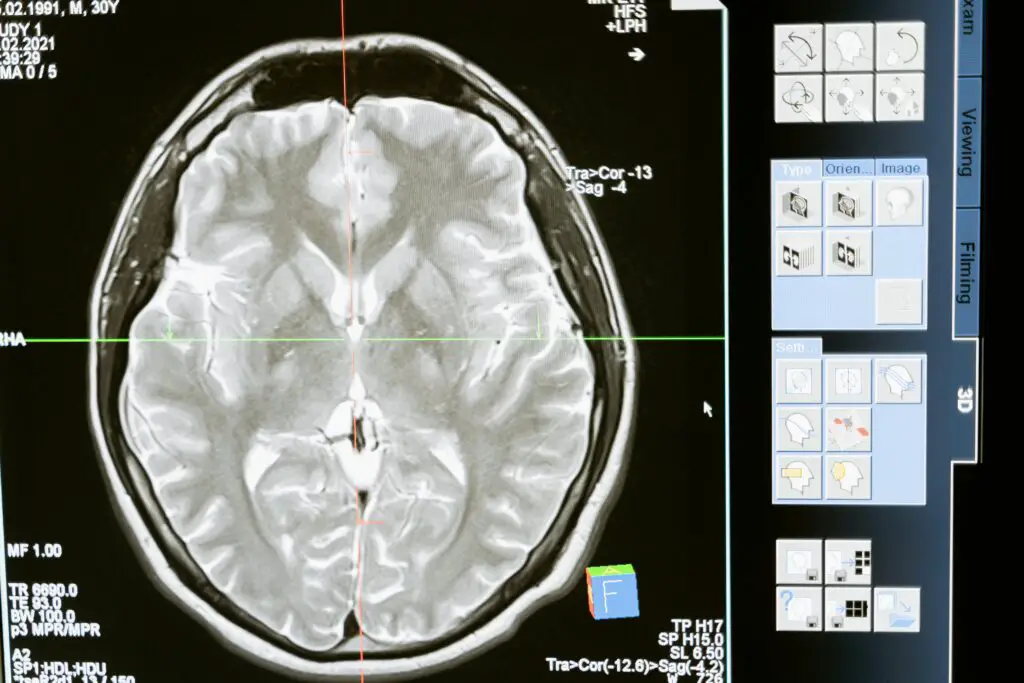
Unlike modern medicine, many ancient civilizations, including the Egyptians and Greeks, believed that the heart, not the brain, was the seat of thought and consciousness. In ancient Egyptian texts, the brain was sometimes described as a “useless” organ, something to be discarded during mummification. The heart, however, was thought to be where all mental processes occurred, including emotions and decision-making.
This belief shaped medical practices in antiquity, with some doctors prescribing treatments that affected the heart directly in order to influence one’s mood and thoughts. Only much later, in the 19th century, did science prove that the brain is the true center of thought, but these early ideas shaped how people approached medicine for centuries.
4. The Power of Incantations and Rituals
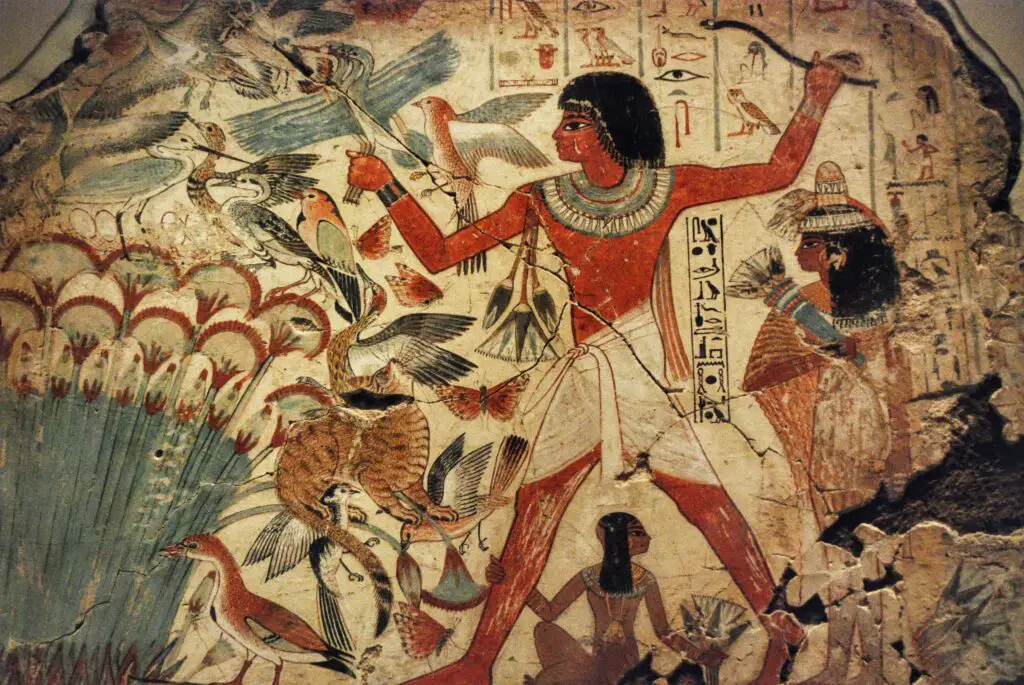
In many ancient cultures, it was believed that diseases could be caused by evil spirits or angry gods. To combat these unseen forces, healers would often use incantations, prayers, and rituals. Ancient Egyptians, for example, would frequently recite spells or use amulets to protect patients from harmful spirits or to aid in healing.
These practices weren’t just about the physical ailment; they were deeply intertwined with spiritual beliefs. The idea was that by appeasing the gods or using magical words, one could alter the course of illness. Although modern medicine has long left behind such mystical treatments, many cultures still retain a strong belief in the power of words and rituals for healing.
5. The Body’s Internal Fire: The Doctrine of Vitalism
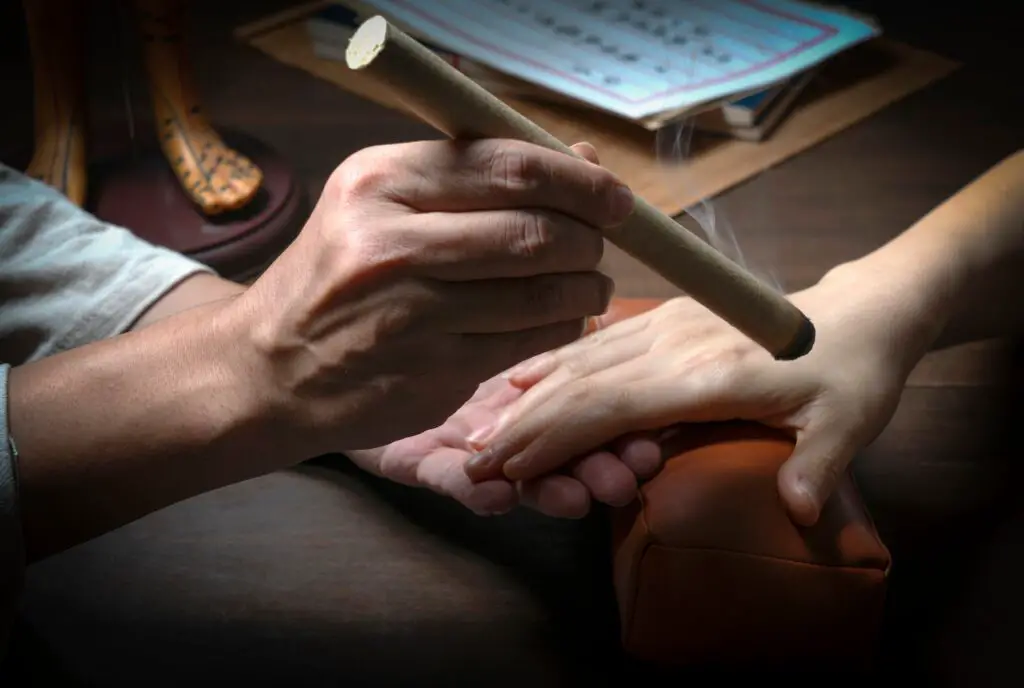
In ancient Chinese and Greek medicine, it was believed that the body contained an internal “vital force” or “internal fire” that was necessary for health. In Greek medicine, this idea was closely linked to the concept of “pneuma,” a breath or spirit that moved through the body, keeping the organs and functions alive. Ancient Chinese medicine similarly relied on the concept of “Qi,” a life force that needed to be balanced for the body to remain healthy.
These early medical systems promoted the idea that maintaining a healthy flow of energy, whether through acupuncture, herbs, or certain exercises, was crucial for good health. The belief in vitalism helped lay the groundwork for practices like acupuncture and herbal medicine, which are still widely used today in complementary health practices.
6. The Influence of the Moon on Health
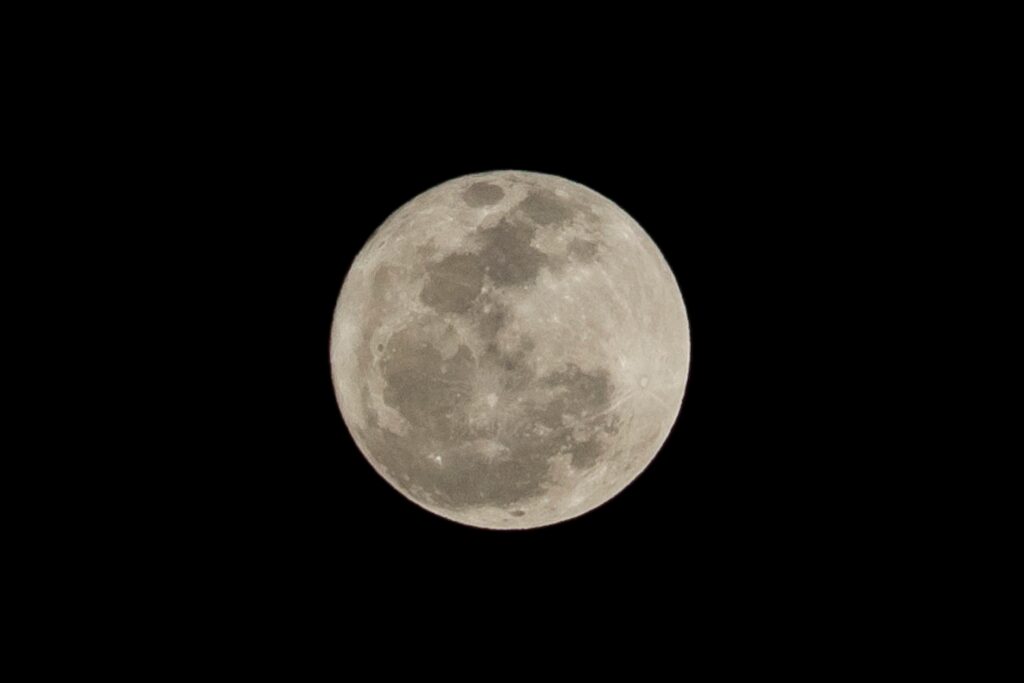
Many ancient cultures, including the Greeks and Romans, believed that the phases of the moon had a direct impact on the human body. This belief was especially strong when it came to matters of mental health. Some ancient physicians suggested that the full moon could bring about madness or violent behavior, a concept we now recognize as “lunacy.”
In these ancient systems, treatments were often timed to align with the lunar cycle. For example, some healers believed that surgical procedures or bloodletting should only be performed during certain phases of the moon to reduce the risk of complications. Though modern medicine no longer follows this pattern, the idea that celestial events affect human health still lingers in folklore.
7. The Healing Power of Leech Therapy

Leech therapy, or bloodletting, was once considered a legitimate form of medical treatment in ancient Greece, Egypt, and even the Roman Empire. The ancient Greeks believed that removing excess blood could help restore balance in the body, particularly if a person was suffering from “too much” of one of the humors. Leeching was seen as a way to purify the body and restore harmony.
While the practice of bloodletting has long since been discredited, leeches are still used in modern medicine for certain purposes. For instance, they are used to promote circulation after plastic surgeries or to treat venous diseases. However, the ancient belief in leeching as a cure-all for various ailments is a testament to how different medical theories shaped the practices of the time.
8. The Concept of “Blood as Life”

Many ancient cultures believed that blood was more than just a fluid circulating through the body; it was seen as a symbol of life itself. In ancient Mesopotamia, blood was considered sacred, and its loss was associated with the loss of life or vitality. In some cultures, including the Greeks, blood sacrifices were performed to appease the gods or ensure the health of a community.
This belief in the power of blood influenced medical practices in various ways, including the development of rituals for dealing with blood loss and its connection to health. Even today, in some forms of alternative medicine, blood is still revered as a symbol of strength and vitality.
